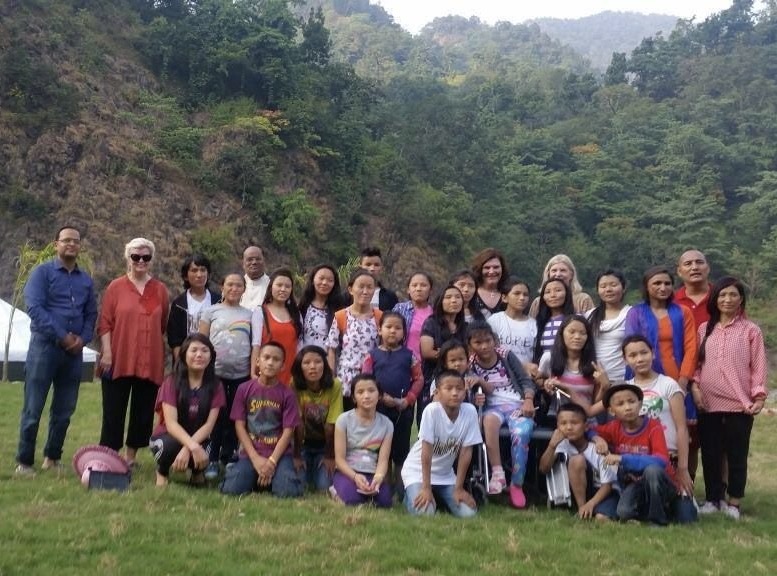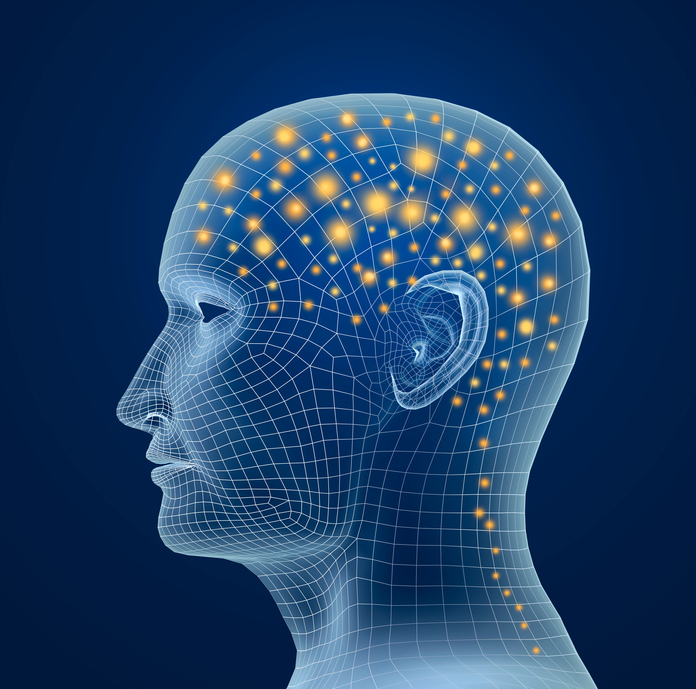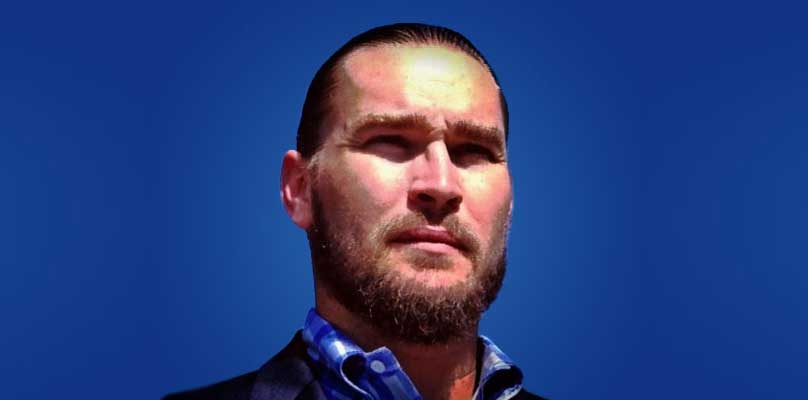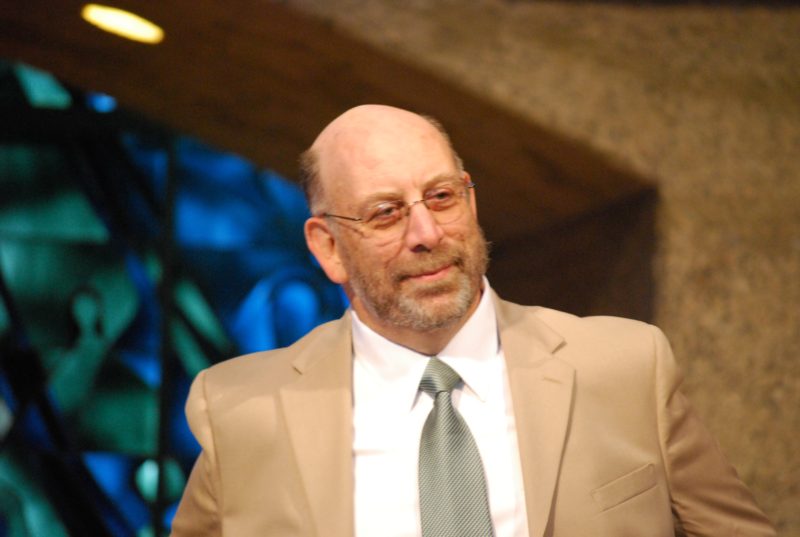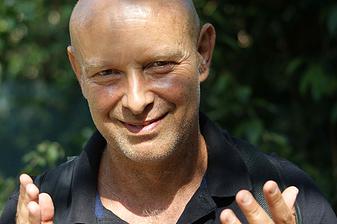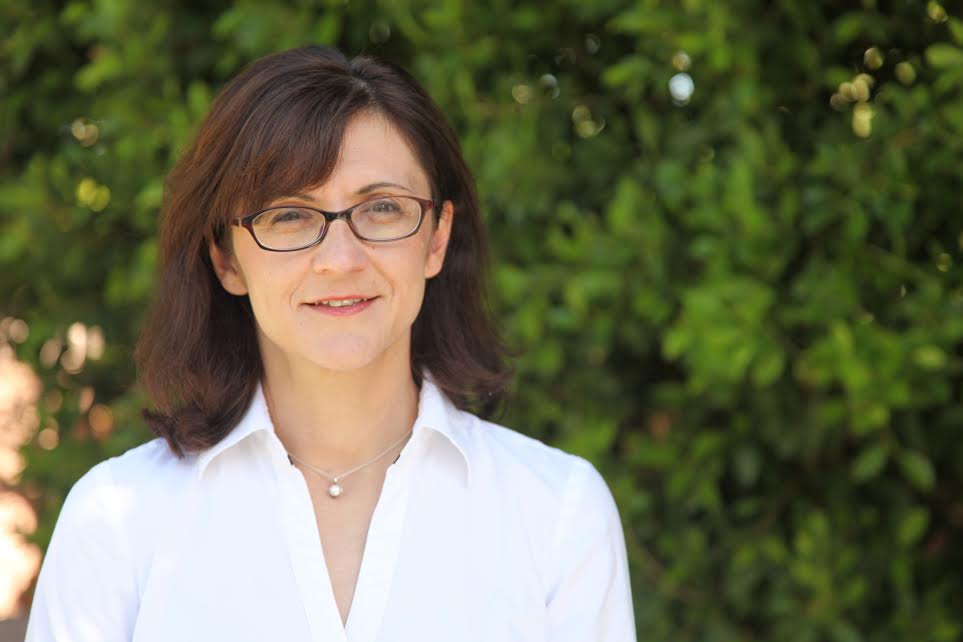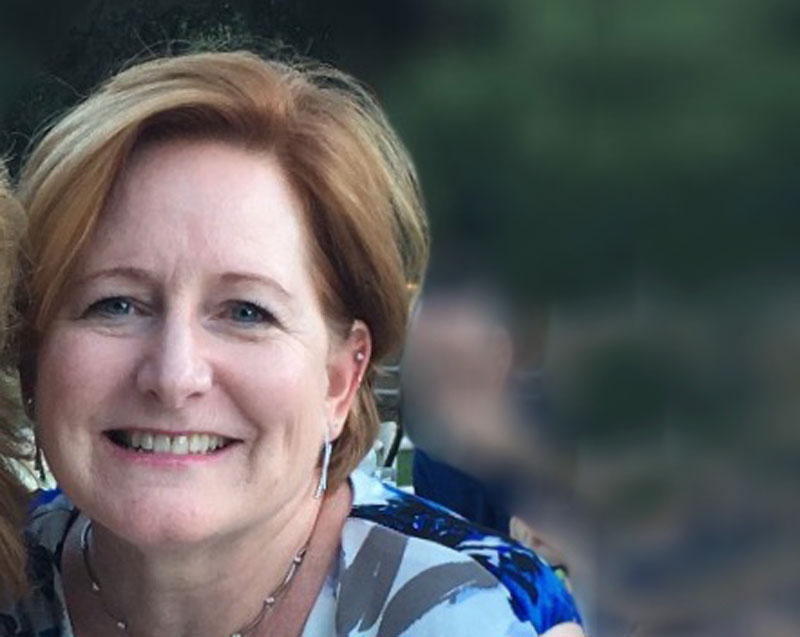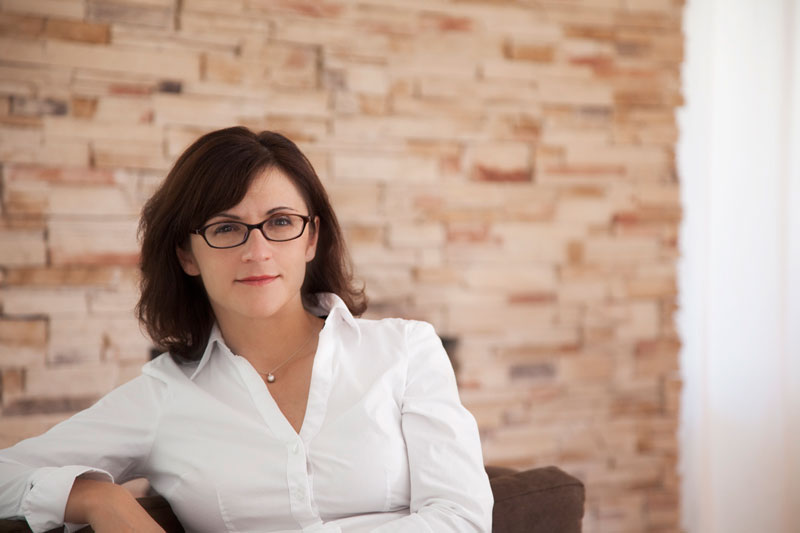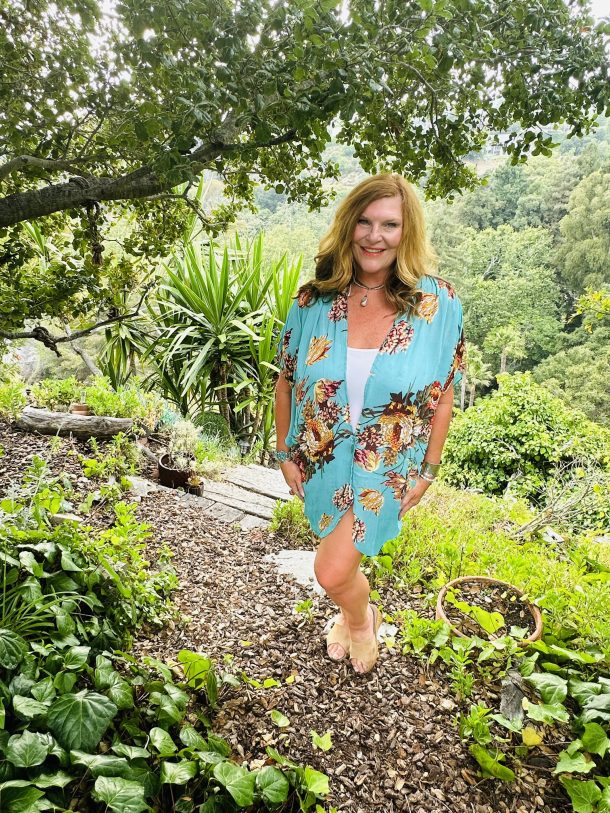Creativity, Mania and Finding Your Sweet Spot
This week I had the honor of interviewing poet, author, and mental health advocate, Yashi Brown. I met Yashi initially on Twitter as her “Gifted with Bipolar” video HuffPost grabbed my attention immediately. She passionately illustrates and raises awareness about her experience with mood symptoms that started in her teens that culminated in a hospitalization at UCLA in her 20’s where she was diagnosed with Bipolar Disorder type I.
“There is no health without mental health,” – Yashi Brown
I could not agree more. A healthy mind sets the foundation for wellbeing for all of “US.”
What is Bipolar Disorder? In Western medicine the term and diagnosis of bipolar disorder is a brain disorder that causes a change in a person’s mood, energy and ability to function. Bipolar Disorder is a category that includes three different conditions- bipolar I, bipolar II and cyclothymic disorder. Bipolar disorders can be treated, and people with these illnesses can lead full and productive lives. According to the National Institute of Mental Health, bipolar disorder affects 5.7 million American adults, or about 2.6% of the U.S. population. Early intervention, patient education and a multifaceted treatment approach can help each individual to go from a mental health crisis to stabilization and then thriving. It is important to remember to take a biological, psychological, and social approach coupled with all paths to wellbeing for each individual to find their unique thrive plan.
To read more on Bipolar Disorders: https://www.nimh.nih.gov/health/topics/bipolar-disorder/index.shtml
One of the toughest parts of facing mental health challenges for individuals and for “US” as a society is the unspoken shame and stigma around the labels and even the use of the word disorder. I value Western medicine and value an organized and scientific way about talking about human behavior, I just do not view my patients as “disordered.” We are all neurodiverse. Yashi and I discussed the importance of validating the illness part of having mood symptoms coupled with embracing that we all have our own unique neurostyle. Getting over the self inflicted stigma was crucial for Yashi to be able to reach her thrive plan, what she calls “her sweet spot.” Ingredients that make up her thrive plan include regular exercise, balanced nutrition, meditation, support from loved ones, her writing and last but not least- a good night’s sleep! Finding a doctor she trusted along with a combination of medication was just the start of her recovery. Talking about her illness became an instrumental part of her healing from the self inflicted stigma. Yashi was determined to share her story and has been passionately acting as a mental health advocate on a national level.
Here is my interview with Yashi Brown.
Some of the most creative people I work with in my private practice have had bouts of depression with a paralyzing melancholy that can shift into a manic episode quickly. Getting the right combination of medication, psychoeducation, therapy and loving support are essential to getting stabilized in a timely manner. It is really common once someone is feeling back to “their normal” to question, “Do I even have bipolar disorder?” One teen in my practice was feeling great so she went off her medication, left her house without telling anyone and rollerbladed for ten hours in a state of euphoria that made her realize the importance of staying on track with her treatment plan. It is also common for a person who has experienced the highs of a manic episode to request, “Dr. McDermott, please do not overmedicate the creativity out of me.” I cannot emphasize how important it is to form a trusting relationship with your doctor or therapist so you can have those vulnerable conversations that will allow you to reach your “individual thrive zone.”
Thank you Yashi for inspiring us this week with your heartfelt interview and reading your poetry on the show! Her book of poetry, “Black Daisy in a White Limousine” is an urban anthology of modern challenges, passages, spirituality, sexuality, love and family. It can be found on amazon. For more information on Yashi Brown: www.yashibrown.com. Continue reading…


